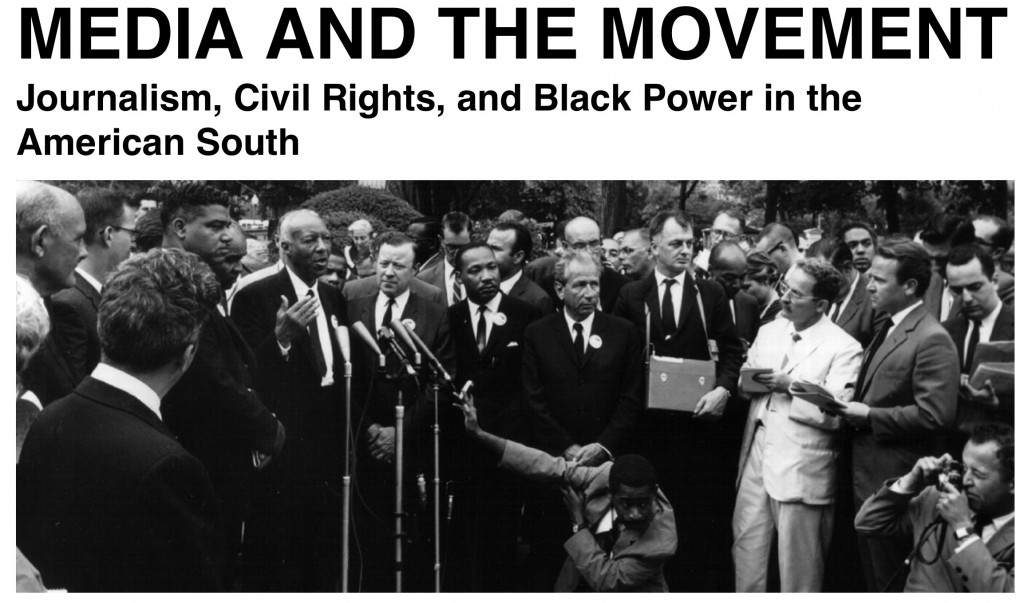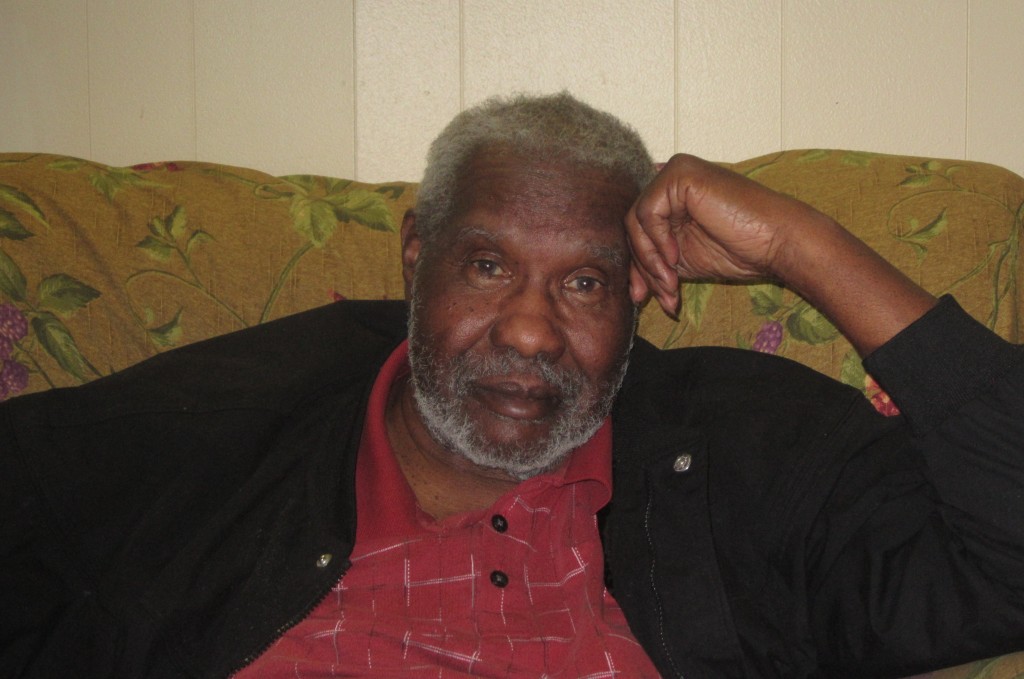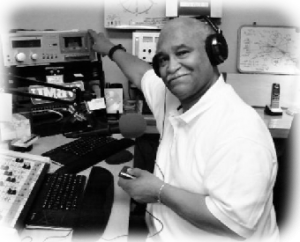WBMU
In 1974, Jim Robinson Founded WBMU, Asheville’s first black-owned radio station. Robinson had long sensed that African Americans in Asheville did not have a radio station attuned to their needs, and he worked for years to establish such a station. He finally found success in 1974, when WBMU (“Where Black Means Unity”) started broadcasting at 91.3 FM on the dial.
Listeners heard a mix of community content, like town council meetings broadcast live and in their entirety, and music, from the Dramatics to Herbie Mann to the Star of Bethlehem Youth Choir. Take a look at their program brochure:




